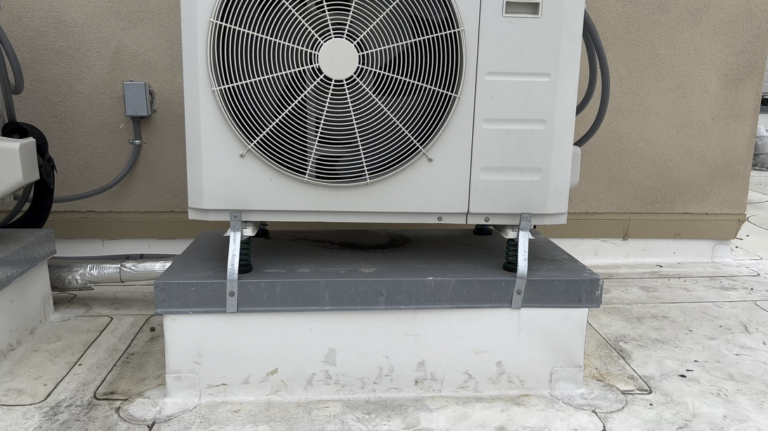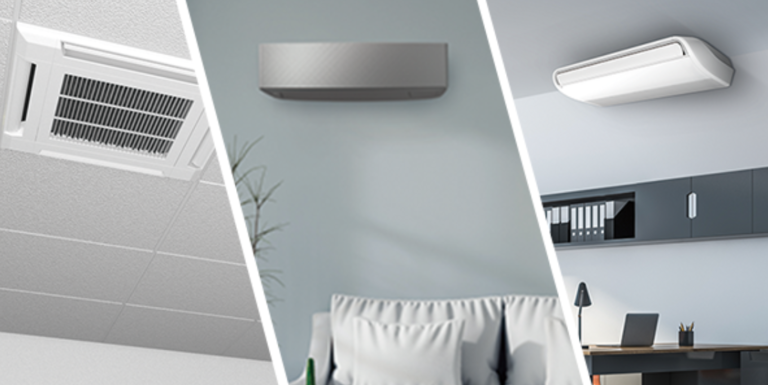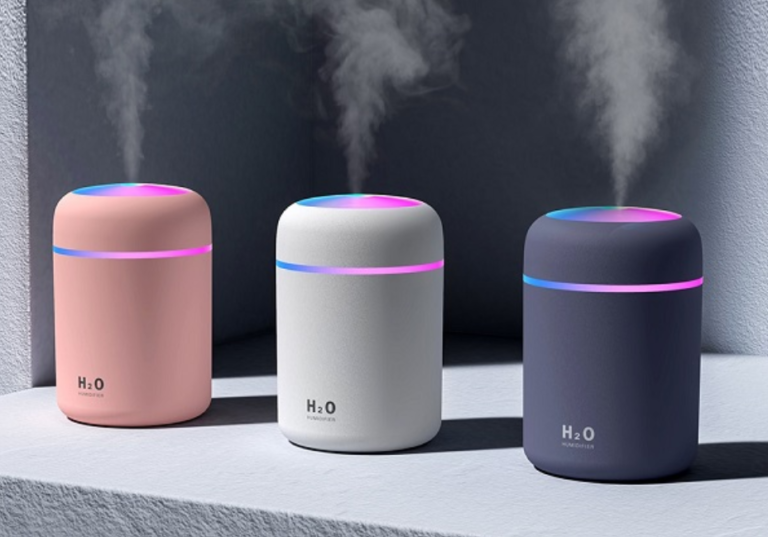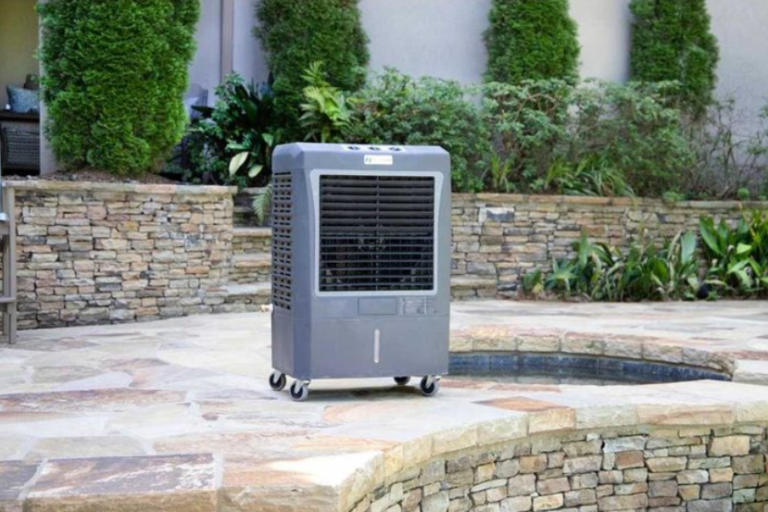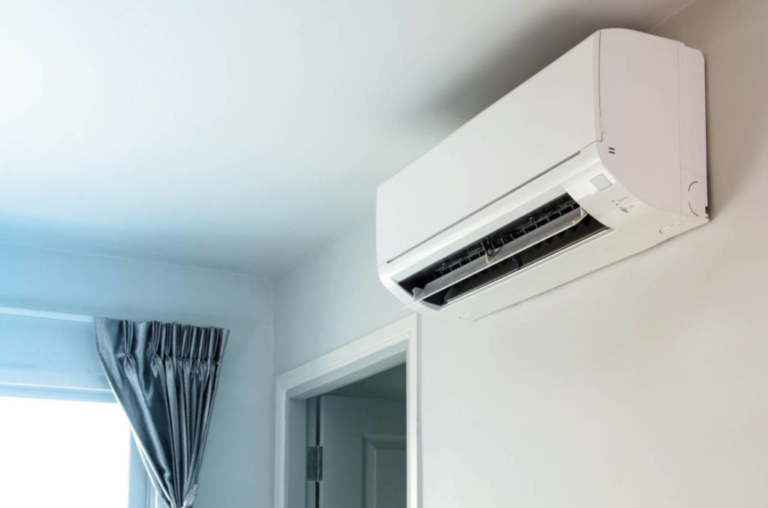Can The Heater Make You Sick? Heater Allergies & More
When the weather outside is frightful, many of us retreat indoors to enjoy the warmth of our homes. But did you know that your home’s heating system could be making you sick?
There are a few different ways that your heater can impact your health. First, let’s take a look at how allergies can be triggered by your heater.
Can The Heater cause allergies?
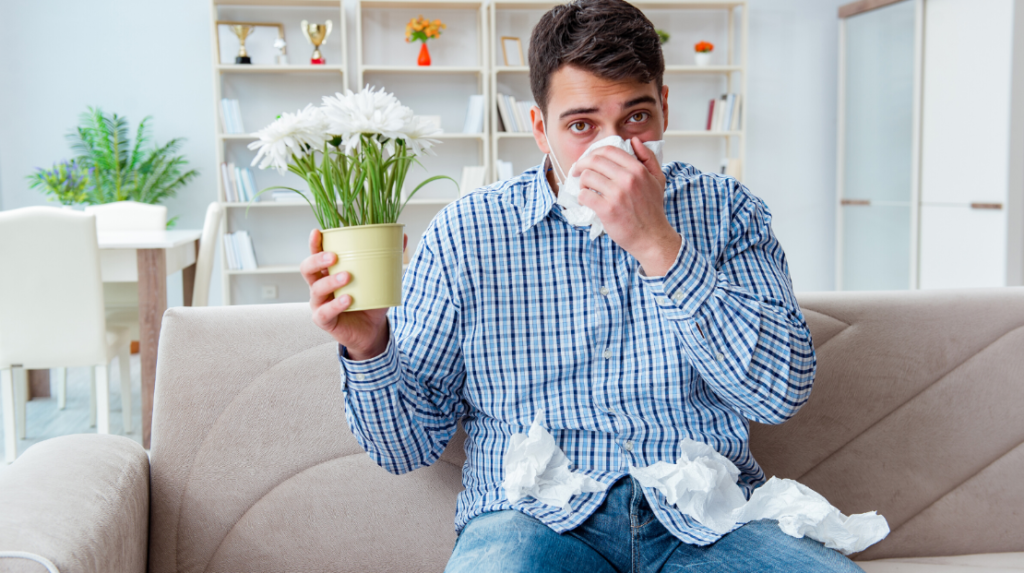
A heater can cause allergies in some people, mainly in 2 different ways:
Dry air
The first is by drying out the air.
Heaters are great for keeping us warm during the cold winter months. However, they can also cause allergies by drying out the air.
Dry air is one of the leading causes of allergies, as it can irritate the nose and throat, and cause the body to produce more histamines. Histamines are chemicals that are released by the body in response to an allergic reaction, and can cause symptoms like sneezing, coughing, and watery eyes.
If you suffer from allergies, you may want to consider using a humidifier in your home to add moisture to the air. You can also try using a HEPA filter in your heater to trap allergens and help purify the air.
Dust and allergens
The second way that the heater can cause allergies is by circulating dust and other allergens through the home. If the filter is not clean, these allergens can build up and be circulated through the home, causing allergy symptoms.
How to prevent heater related allergies
If you have allergies, it’s important to take some steps to ensure that your heating doesn’t make them worse. Here are a few tips:
1. Keep your heater clean.
A clean heater is a safe heater, and it will also help to keep allergens at bay. Make sure to vacuum around your heater regularly, and wipe down any exposed surfaces. You should also have your heater serviced by a professional every few years to ensure that it’s running properly and isn’t collecting dust and allergens inside.
2. Use a HEPA air purifier.
HEPA air purifiers are designed to remove 99.97% of airborne particles, which includes dust mites, pollen, and other allergens. By running a HEPA air purifier in your home, you can help to reduce the amount of allergens in the air and make your home more comfortable for everyone.
3. Keep your home well-ventilated.
When your heater is running, be sure to open up a window or two to allow fresh air into your home. This will help to circulate the air and prevent the build-up of allergens.
4. Avoid using humidifiers.
Humidifiers can actually make allergy symptoms worse by increasing the amount of dust mites in the air. If you do use a humidifier, be sure to clean it regularly and use distilled water to fill it, as this will help to reduce the risk of mold and mildew growth.
What about Carbon Monoxide?
When most people think about the dangers of their home’s heating system, they worry about fires. And while it’s true that fires are the leading cause of heating-related deaths in the United States, there’s another, often overlooked danger: carbon monoxide poisoning.
Carbon monoxide is a colorless, odorless gas that can be produced whenever fuel is burned. In small doses, carbon monoxide is harmless. But when it builds up in an enclosed space, it can be deadly.
Each year, hundreds of people in the U.S. are killed by carbon monoxide poisoning, and thousands more are sickened. The symptoms of carbon monoxide poisoning are similar to those of the flu: headaches, dizziness, nausea, and fatigue. But unlike the flu, carbon monoxide poisoning can cause death within minutes.
So how does carbon monoxide get into your home? It’s usually produced by faulty or improperly used appliances, like furnaces, water heaters, wood stoves, and fireplaces. Cracked or damaged chimneys can also allow carbon monoxide to enter your home.
If you suspect that you have a carbon monoxide leak in your home, open doors and windows to ventilate the area, and leave immediately. Then call your local fire department or 911. Do not re-enter your home until it has been checked by a qualified technician.
If you have a carbon monoxide detector in your home, make sure to test it regularly and replace the batteries as needed. You should also have your heating system serviced by a qualified technician at least once a year to help prevent problems.
By taking some simple precautions, you can protect yourself and your family from the dangers of carbon monoxide poisoning.


